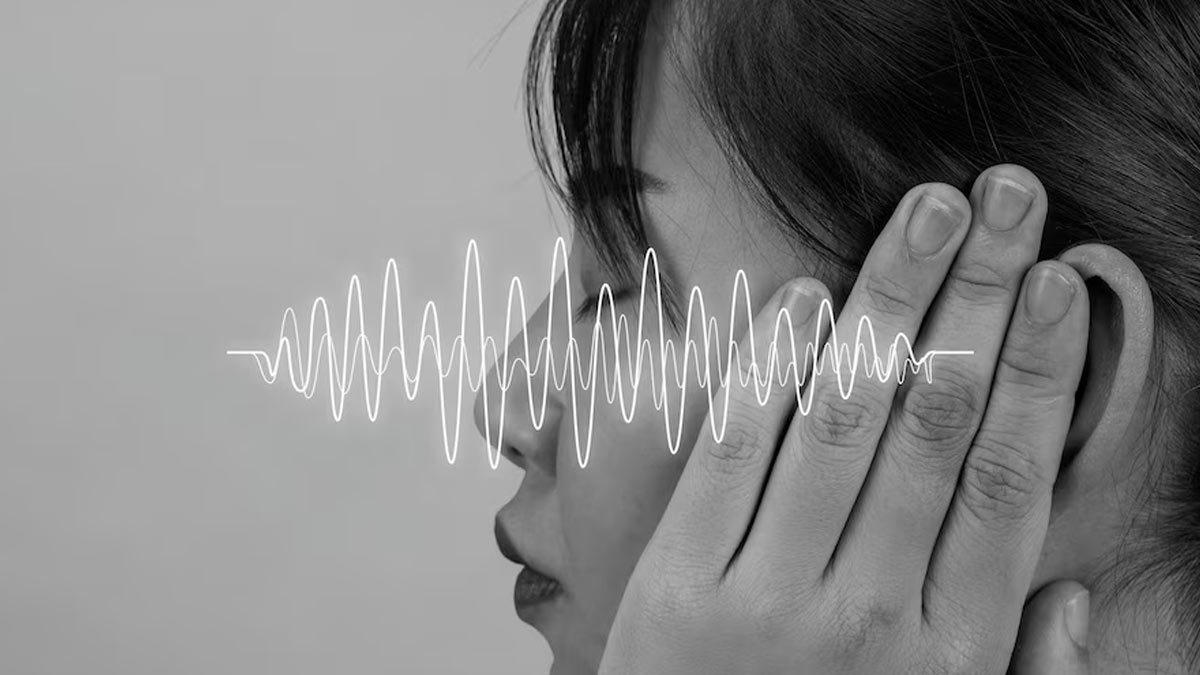
Sudden ear blockage is a common phenomenon with several possible causes. One of the most common explanations behind it is earwax blockage. This is when your ears make excessive wax or if earwax isn't cleared well, leading to a buildup that blocks the ear canal. The feeling can be uncomfortable, as it can also impact your hearing, causing muffled sounds.
Table of Content:-
Some people also face these issues when they're at high altitude or in high-rise elevators. While the feeling is temporary, one may wonder why it happens. To understand the science behind it and know about the common causes of ear blockage in general, we spoke to Dr Brajendra Baser, Consultant - ENT and Rhinoplasty, Jaslok Hospital and Research Centre.
Also Read: Ringing Sound: What Does It Mean For The Ears
What Causes Ear Blockage?

Explaining the anatomy of the ear, Dr Baser says that it has three parts: the outer ear, the middle ear, and the inner ear.
He shares, “The middle ear is a closed chamber with a structure called an eustachian tube that opens in the nasopharynx (back of the nose). The eustachian tube helps in balancing the middle ear pressure in relation to atmospheric pressure. Therefore, anything that irritates, inflames, or narrows the eustachian tube can cause problems with it.”
“Most commonly, inflammation leads to swelling of the eustachian tube lining, which can cause narrowing, so suddenly you feel blockage in both the ears,” he adds.
Why Some People Experience Blocked Ears On High-Rise Elevators

According to MedlinePlus, as altitude increases, the air pressure outside the body decreases. This change creates a difference in pressure on the two sides of the eardrum, leading to a sensation of pressure and blockage in the ears.
As discussed earlier, this occurs when the eustachian tubes, which help equalise ear pressure, are unable to quickly adjust to the changing external pressure.
Dr Basel explains, "The blocked feeling in the ears occurs when the middle ear pressure is higher than the air pressure outside. In most patients, the feeling is temporary and goes away on its own in a few minutes."
According to the doctor, you can do a manoeuvre called Valsalva, where you pinch your nose and blow your cheeks. This method can open up the eustachian tube, where you will hear a popping sound. In some cases, when there is a sinus infection or the tubes are abnormal, they can last longer, the doctor adds, advising them to consult an ENT specialist.
Also Read: Here’s How You Can Treat Ear Pain At Home Naturally
Watch Out For Ear Barotrauma

Ear barotrauma is a type of ear damage caused by a change in the pressure around the ear. It can lead to pain and, sometimes, difficulty hearing. The condition mostly occurs due to a change in altitude when taking off or landing in an aeroplane, which is why it is sometimes also called an aeroplane ear.
Common symptoms include:
- Dizziness
- Difficulty hearing
- A feeling of fullness in the ear
- Overall discomfort in the ear
In severe cases, one may also experience:
- Bleeding from the ears or into the middle ear
- Ringing in the ears
- Hearing loss
Conclusion
If you’re someone who persistently experiences ear blockage, especially at high altitudes or in high-rise elevators, it is advisable to seek a doctor's guidance. This is particularly important if you have pain or pressure in your ears or develop hearing issues.
Also watch this video
How we keep this article up to date:
We work with experts and keep a close eye on the latest in health and wellness. Whenever there is a new research or helpful information, we update our articles with accurate and useful advice.
Current Version